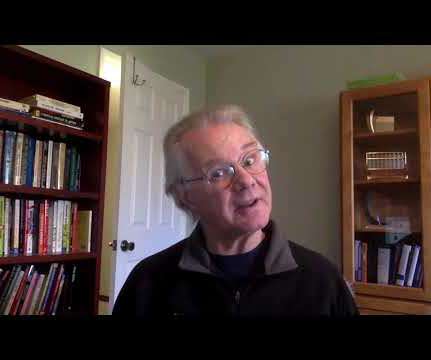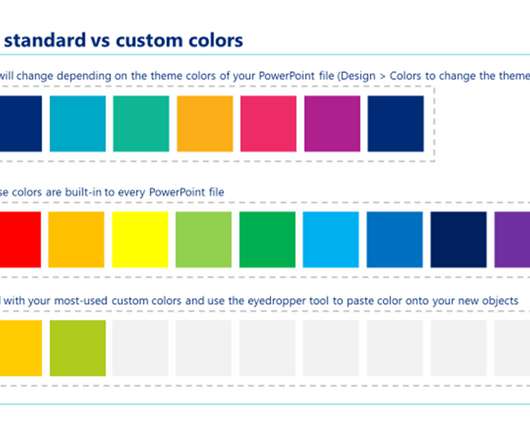70:20:10 - A Framework for High Performance Development Practices
Performance Learning Productivity
JUNE 24, 2013
If you acknowledge that high performers usually build their capabilities through experience, through practice and through utilising a rich network of support rather than exclusively (or even mainly) through structured training and development away from the workplace, then you will immediately grasp the 70:20:10 concept.









































Let's personalize your content